 By Samuel S. Epstein, M.D.
By Samuel S. Epstein, M.D.Cancer Prevention Coalition, January 3, 2007
Straight to the Source
rBGH (recombinant Bovine Growth Hormone) is a genetically engineered, potent variant of the natural growth hormone produced by cows. Manufactured by Monsanto, it is sold to dairy farmers under the trade name POSILAC. Injection of this hormone forces cows to increase their milk production by about 10%. Monsanto has stated that about one third of dairy cows are in herds where the hormone is used.
Monsanto, supported by the Food and Drug Administration (FDA), insist that rBGH milk is indistinguishable from natural milk, and that it is safe for consumers. This is blatantly false: rBGH makes cows sick. Monsanto has been forced to admit to about 20 toxic effects, including mastitis, on its Posilac label.
*rBGH milk is contaminated by pus, due to the mastitis commonly induced by rBGH, and antibiotics used to treat the mastitis. *rBGH milk is chemically, and nutritionally different than natural milk. *Milk from cows injected with rBGH is contaminated with the hormone, traces of which are absorbed through the gut into the blood. *rBGH milk is supercharged with high levels of a natural growth factor (IGF-1), which is readily absorbed through the gut. *Excess levels of IGF-1 have been incriminated as a cause of breast, colon, and prostate cancers. IGF-1 blocks natural defense mechanisms against early submicroscopic cancers. *rBGH factory farms pose a major threat to the viability of small dairy farms. *rBGH enriches Monsanto, while posing dangers, without any benefits, to consumers, especially in view of the current national surplus of milk.
Article continued at http://www.organicconsumers.org/articles/article_3717.cfm

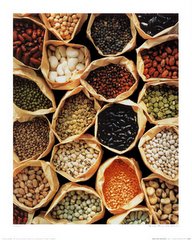





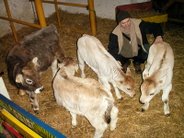

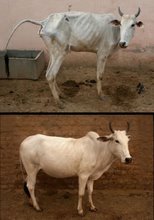

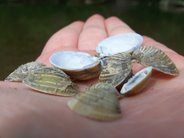


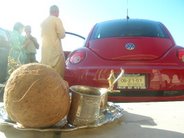




No comments:
Post a Comment